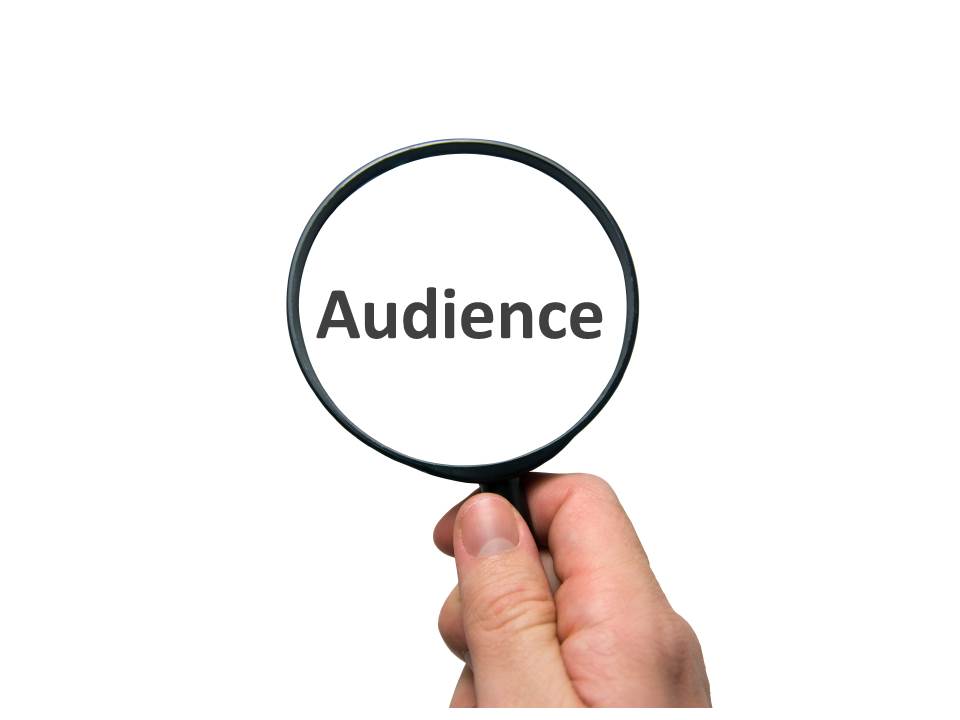Kaylee’s fear of public speaking was so great that she would get migraine headaches just contemplating giving a prepared speech. Kaylee, a student in my homeschool speech class last year, managed to stumble through the impromptu speaking portion of class, and was able to offer oral evaluations of other students’ speeches. But, because her fear of giving a prepared speech was so debilitating (it also aggravated another medical condition), I allowed her to send me videos of her speeches, recorded in the privacy of her bedroom. She was charming. She was witty. She was poised. When she was all alone.
Can you relate at all to Kaylee’s fear?
I’m guessing you don’t have it that bad!
One of the main contributors to the fear of public speaking is the fear of being judged, and focusing on the negative “what if’s.”
“What if I blank out?”
“What if I mess up?”
“What if they think I’m boring/stupid/ ___________ (fill in the blank with your concern)?
Well, what if you stopped focusing on yourself and started focusing on your audience?
“What if their lives are changed for the better?”
“What if I can give them hope?”
“What if I can get them to think in a new way?”
While I never had a debilitating fear of public speaking, I have experienced pre-speech jitters (couldn’t eat, needed to take a million trips to the restroom, etc.). And, I remember exactly when I stopped experiencing the feelings of fear and dread prior to speaking.
It was the day that I realized it wasn’t about me. It was all about the audience.
My message was my gift to them. I was like the wrapping paper—I could be exciting and eloquent, and I could make my message enticing, but my presentation wasn’t about me, the wrapping paper. It was all about how the audience experienced and could use the gift of my message.
Now, because I wanted to give them the best gift I could, I structured my content for maximum effect and I prepared and practiced. But, I did it for them, not me.
The fear dialed way down and my excitement rose. I was like a mom on Christmas morning, excited to see her children open the gifts she had so carefully selected.
What can you do to focus on the audience, and reduce that fear?
1. Consider your presentation a gift.
Be like the mom on Christmas morning.
2. Learn about your audience. In order to give the perfect gift, you need to know what the recipient needs and wants. Ask the meeting planner to be specific on objectives (“What would make my presentation a home run?”). Get audience demographics (age ranges, male/female ratios, job responsibilities, presentation style they like). Arrange phone or email interviews with a few audience members, or at the very least talk to people before your presentation. Ask them, “what are your biggest pains regarding _______ (your topic)? What do you wish you knew? What do you want to be different regarding __________? Can you tell me about a time when _________ (scenario related to your topic)? What do you want to learn from my presentation?”
3. Tailor your speech to the audience.
Don’t give every audience the same gift. Make it special, just for them, even if you only change a few parts. Take the information from the “learn about your audience” phase and USE IT in your speech.
4. Visualize and speak success.
Imagine positive outcomes and a positive audience reception of your message. Successful athletes and speakers don’t focus on what can go wrong. They visualize ideal execution. Say to yourself, “I can’t wait to give them this gift!” Win before you even open your mouth.
5. Pay attention to your audience and adjust on the fly.
Don’t go through your presentation in lock-step fashion, plowing point by point to the end, without considering your audience’s engagement. If you did your presentation pre-work of learning about the audience and tailoring your presentation, they will likely be engaged. But, watch their body language and facial expressions. Change direction with an activity, a story, a brief discussion. This means you have to be prepared with alternate paths and content.
6. Accept, and even embrace imperfection!
While no one wants to blank out or stumble, realize that it’s not the end of the world. In fact, you may endear yourself to your audience with your humanity. Think about the times you have heard a speaker get off-track or forget what they were talking about, “Now, what was I talking about . . ?” and you, the audience got to help the speaker. Did you think less of him or her, or did you actually feel more connected to the speaker?
Give your audience the gift of your presentation and remember, it’s not all about you.
Next week: Know Your Material

